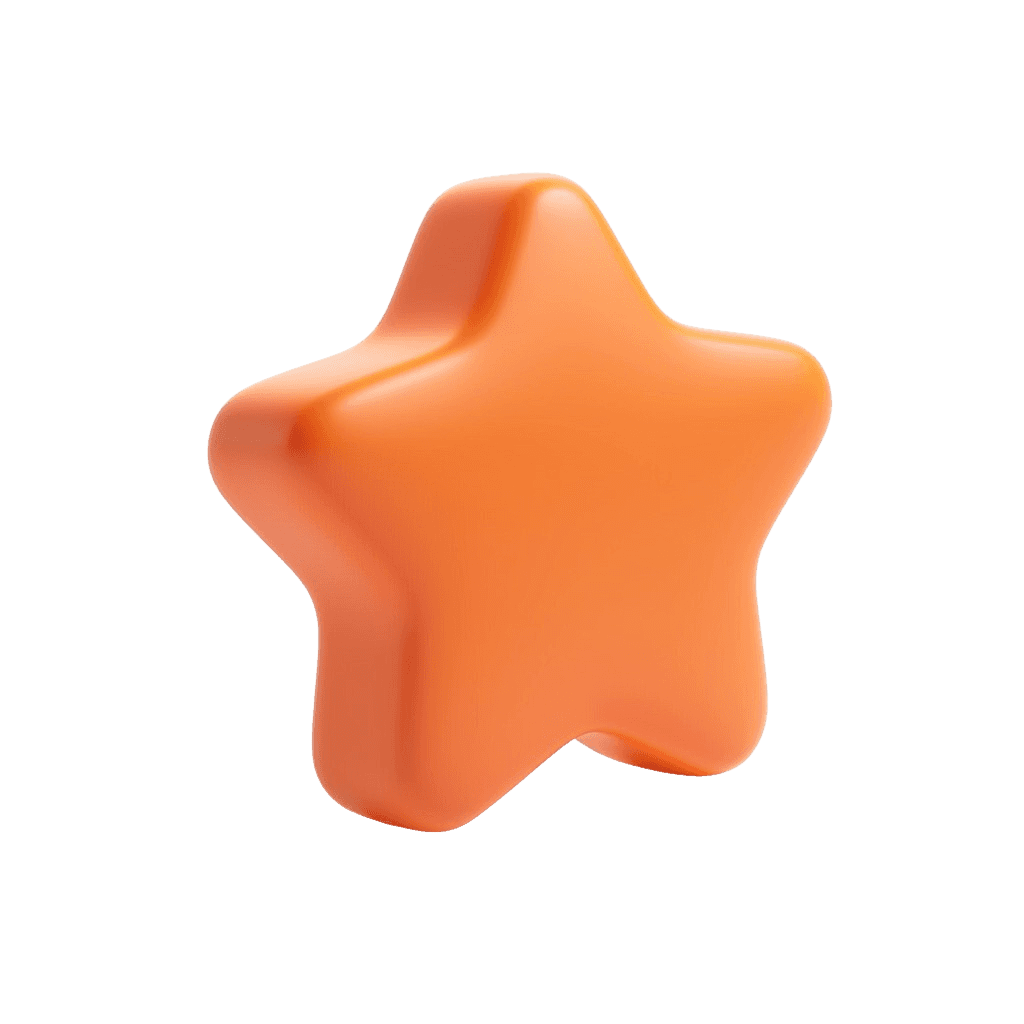Infant Curriculum
3 months - 18 months
1. Physical Development
3–6 Months:
Tummy time to build neck and upper body strength.
Gentle stretches and movements to develop motor skills.
Sensory play with textured toys, rattles, and soft surfaces.
7–12 Months:
Encourage rolling, crawling, and pulling up.
Grasping activities with toys, soft blocks, and finger foods.
Music and movement (e.g., clapping, bouncing).
13–18 Months:
Support walking and early running with push toys and simple obstacle courses.
Fine motor activities like stacking blocks and scribbling.
Dancing and free movement to boost coordination.

2. Cognitive Development
3–6 Months:
High-contrast visuals and colorful toys.
Cause-and-effect toys (e.g., soft balls, shakers).
Reading simple board books with bright images.
7–12 Months:
Peek-a-boo and object permanence games.
Simple puzzles and shape sorters.
Sensory exploration with bins (e.g., rice, water, soft fabrics).
13–18 Months:
Identifying colors, shapes, and familiar objects.
Sorting and matching games.
Early problem-solving with interactive toys.

4. Language Development
3–6 Months:
Talking and singing to infants regularly.
Introducing lullabies and nursery rhymes.
Encouraging babbling by mimicking sounds.
7–12 Months:
Introducing basic words and labeling objects.
Reading picture books with repetitive phrases.
Encouraging gestures like pointing and waving.
13–18 Months:
Expanding vocabulary through naming activities.
Singing action songs (e.g., "Wheels on the Bus").
Engaging in simple conversations and encouraging responses.
3. Social-Emotional Development
3–6 Months:
Building trust through consistent care and comfort.
Encouraging coos and cries to promote communication.
Gentle, interactive routines during feeding and diaper changes.
7–12 Months:
Parallel play with peers.
Imitation games like clapping and waving.
Establishing routines to create a sense of security.
13–18 Months:
Group activities like simple circle time.
Turn-taking with toys.
Promoting self-awareness through mirrors and name recognition.


